Causes And Risk Factors For Strokes In Women
Although a stroke is more likely to occur in men, women have an increased lifetime risk of suffering from one someday. Women are also more likely than men to die from a stroke. In fact, strokes are the third leading cause of death in women. According to the Centers for Diseases Control and Prevention, one in five American women will have a stroke someday and almost sixty percent will die from it. Women experience different causes than men. Thus, it is important to understand what can result in a woman having a stroke. Uncover the details now.
Pregnancy
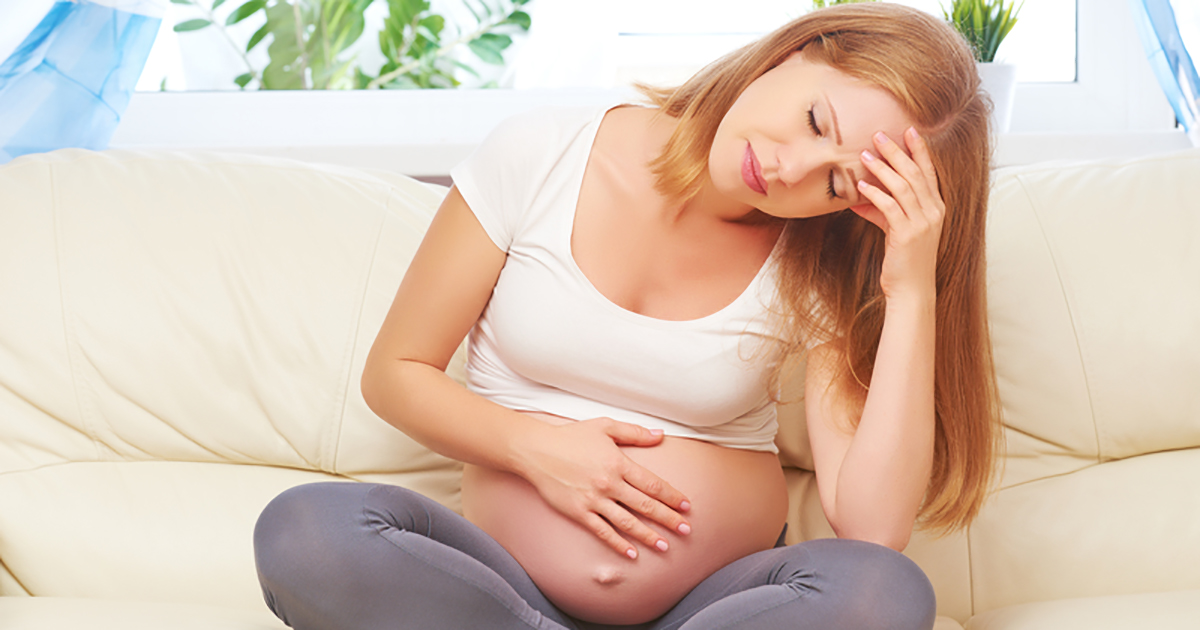
A stroke occurs when not enough oxygen is delivered to the brain, which results in the death of brain cells. According to a 2011 study, pregnancy and the postpartum period increase a woman's risk of ischemic stroke and intracerebral hemorrhage. Even healthy pregnancies increase a woman's risk of stroke because of the natural changes in the body, including increased stress on the heart and higher blood pressure. Exercise and a healthy diet may lower blood pressure, which can reduce the risk of a stroke.
Women Live Longer

Approximately fifty-five thousand more women will experience a stroke than men each year. Women who have strokes are more likely to have a more negative impact from the event simply because they live longer. According to the National Stroke Association, women may suffer more from a stroke because they are more likely to live alone at the time. They are also more likely than men to live in a long-term health care center after a stroke, and they tend to have a tougher recovery.
High Blood Pressure
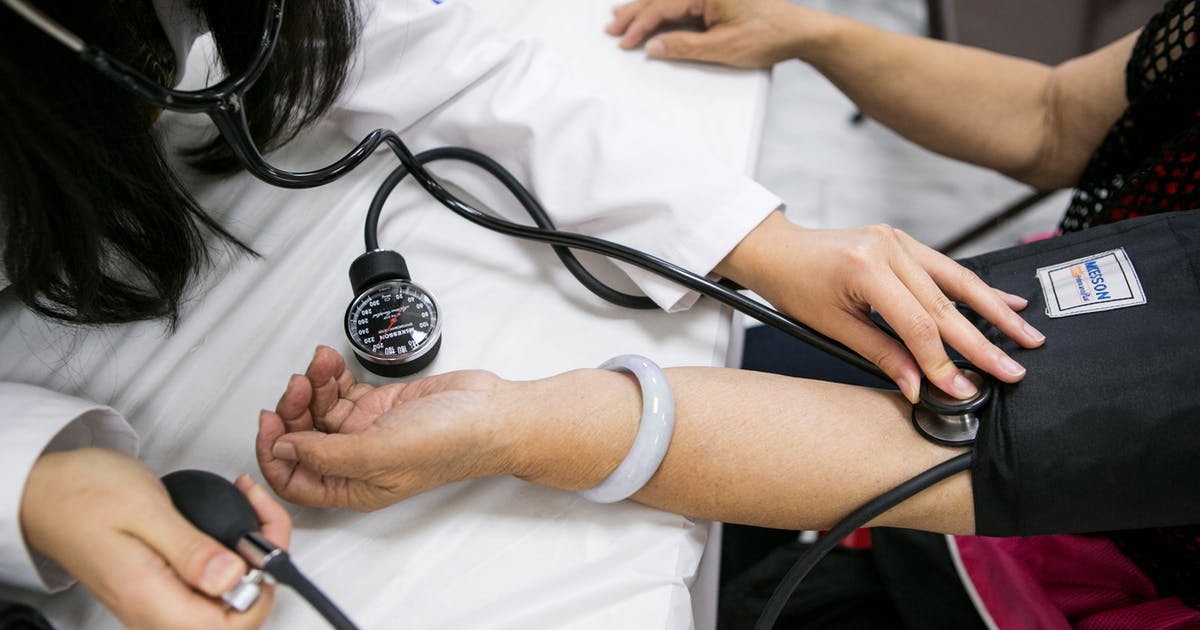
High blood pressure increases the risk of a stroke because it weakens and damages the blood vessels leading to the brain by causing them to rupture, narrow or leak. High blood pressure may also block the flow of oxygen and nutrients to the brain by increasing the risk of blood clots, which also enhances the risk of a stroke. According to a 2015 study, women are more likely than men to develop high blood pressure after the age of fifty-five. This is, in part, said to be due to the higher levels of stress in women, on average.
Increased Stress
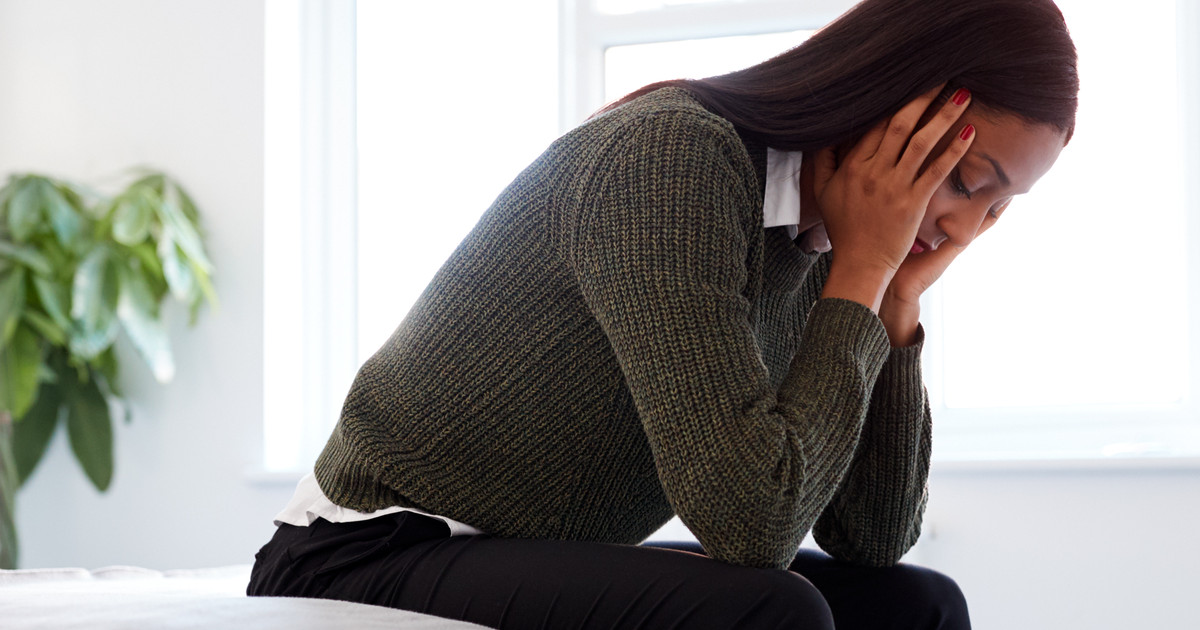
Stress hormones have been shown to increase the risk of high blood pressure, which is a significant risk factor for stroke. According to the American Physiological Association, women are more likely to report high levels of stress than men. Women are also much more liable to report emotional and physical symptoms of stress than men. Research shows a link between individuals who are short-tempered, impatient, aggressive and naturally hostile with stroke as well. Thankfully, there are many ways to reduce stress, such as through aerobic exercises, yoga, and breathing techniques. What's more, many of these can also reduce other stroke risk factors.
Hormone Replacement Therapy
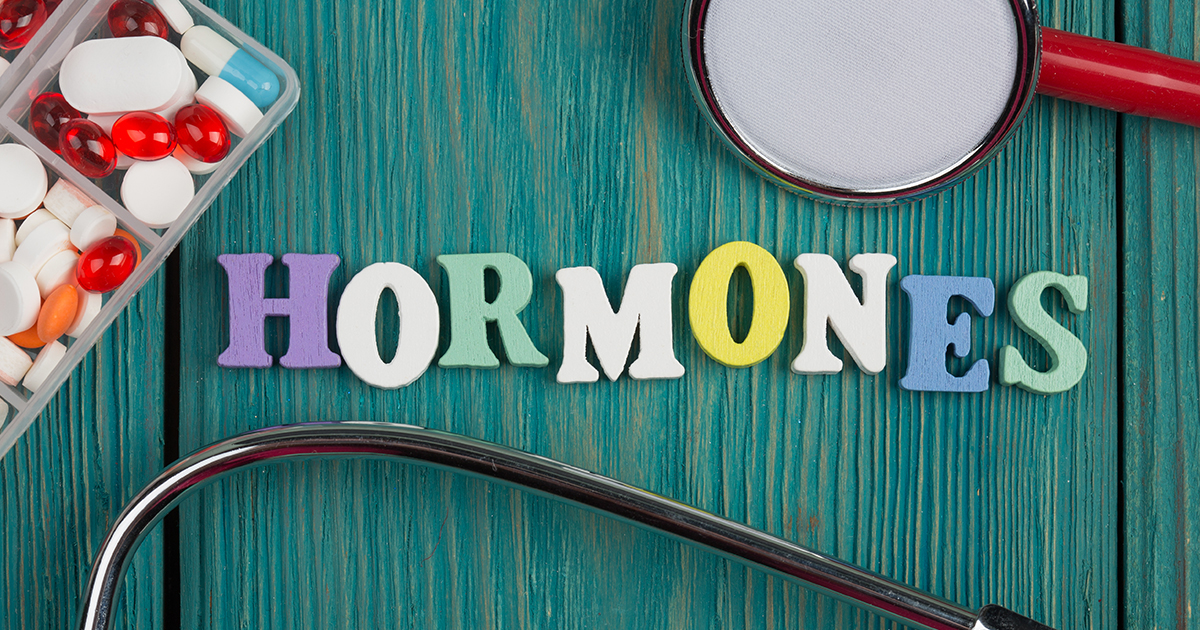
Hormone replacement therapy uses a combination of progestin and estrogen to relieve menopausal symptoms. Research shows an increased risk of stroke in women over the age of sixty who received postmenopausal hormone therapy. The primary concern over using hormone replacement therapy is an increased risk of blood clots, which may result in a stroke. Research shows six out of every one hundred women taking hormone replacement therapy will experience a stroke and an additional eight would develop a blood clot.
Migraines
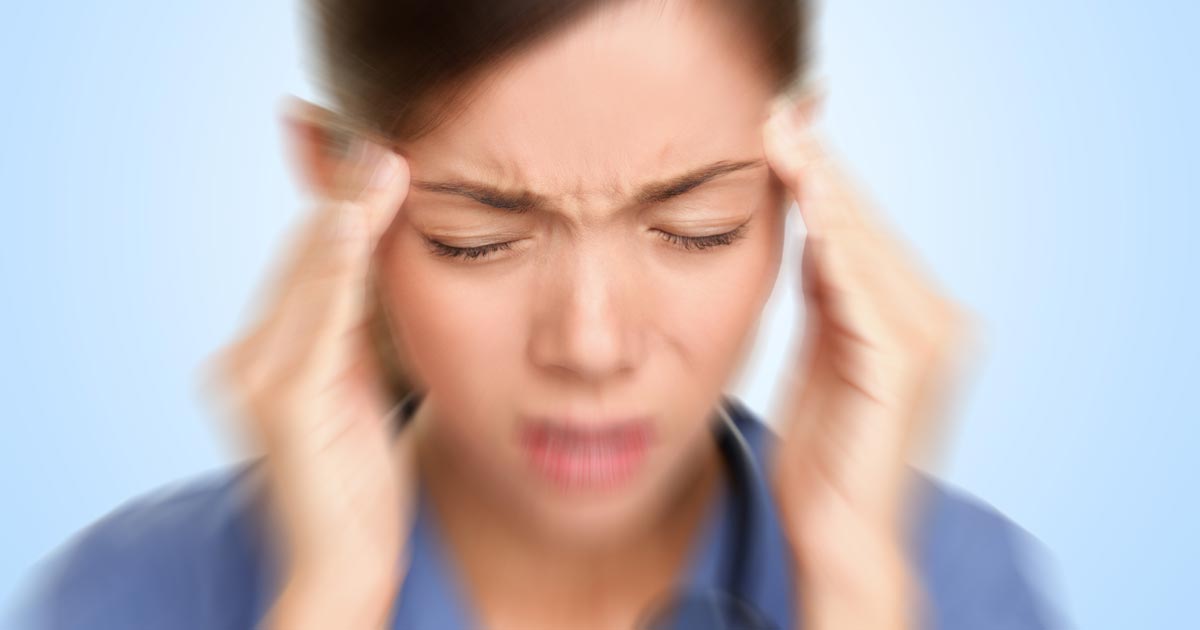
Migraines have been shown to increase a woman's risk of stroke approximately two and a half times. As the majority of individuals in the United States who suffer from migraines are women, migraine prevention may be quite a useful way to protect women against the likelihood of suffering from a stroke. Research shows migraine suffers who also experience vision problems called auras are at an increased risk of stroke. Any severe or abnormal headaches should be treated immediately to prevent a stroke from occurring.
Birth Control Pills
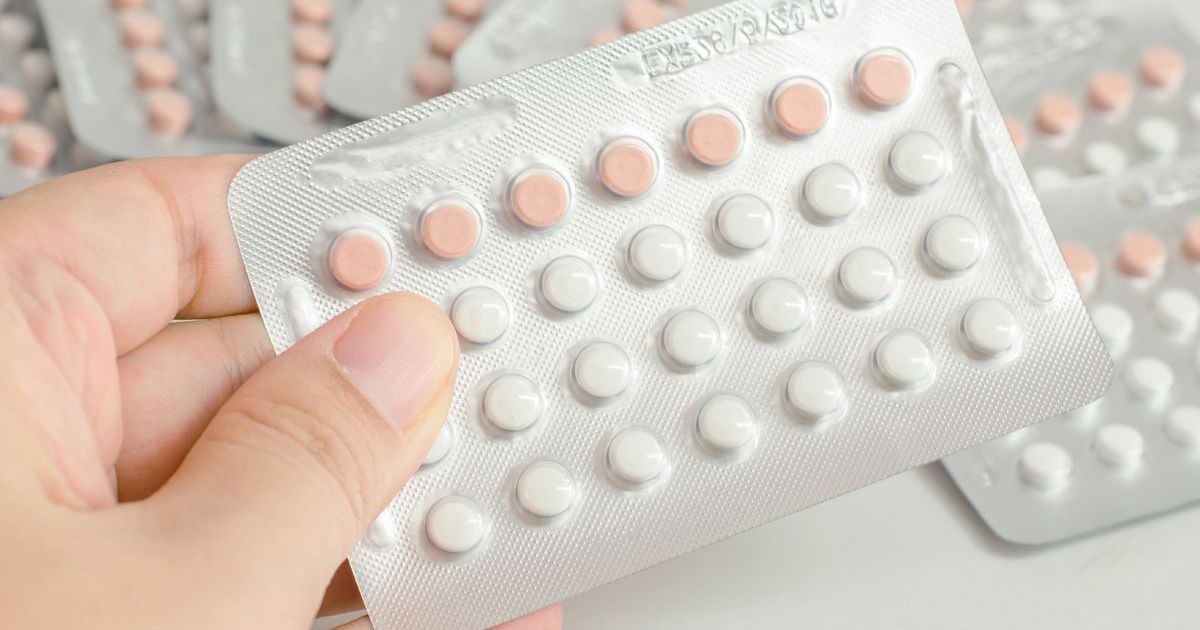
Birth control pills were first linked to strokes during a study published in 1962. According to The World Health Organization, women who use higher estrogen oral contraception, but not lower estrogen forms, have a forty percent increased risk of ischemic stroke, which is the type of stroke present in eighty-five percent of all strokes. Research shows some oral contraception may increase the risk of blood clots, which may cause a stroke. Women who smoke, have high blood pressure, and experience migraines may want to talk to their doctor about other forms of birth control in order to mitigate their risk as much as possible.
Atrial Fibrillation
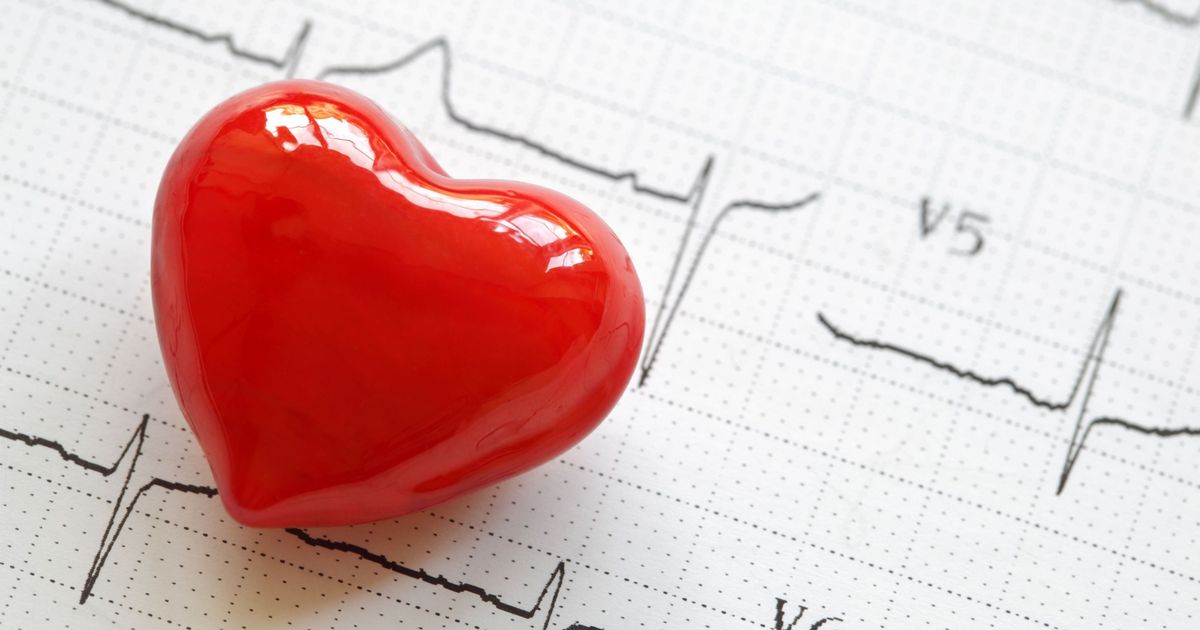
Atrial fibrillation is a term used to describe irregular heartbeat. According to the American Heart Association, atrial fibrillation increases the risk of an individual experiencing a stroke five times over the general population. An irregular heartbeat may cause blood to pool, which increases the risk of a blood clot. Blood clots block off the blood supply to the brain, causing an embolic or cardioembolic stroke. The American Heart Association suggests one good way to lower the risk of atrial fibrillation and stroke is to reduce the number of caffeine beverages consumed in a day.
Depression And Loneliness

It's very common for women to feel symptoms of depression after a stroke. However, compelling research has shown having depression and loneliness can actually increase a woman's risk of having a stroke in the first place. Though the exact cause of the relationship isn't completely clear, researchers have several theories as to why depression and loneliness and lead to stroke. Oftentimes, women don't take proper care of themselves when they are depressed, including eating less healthy food and exercising less. Another theory is the same markers in the bloodstream that cause inflammation and set the body up for a stroke may also play a causal role in the development of depression. Furthermore, some antidepressant medications list stroke as a potential side effect.
Diabetes
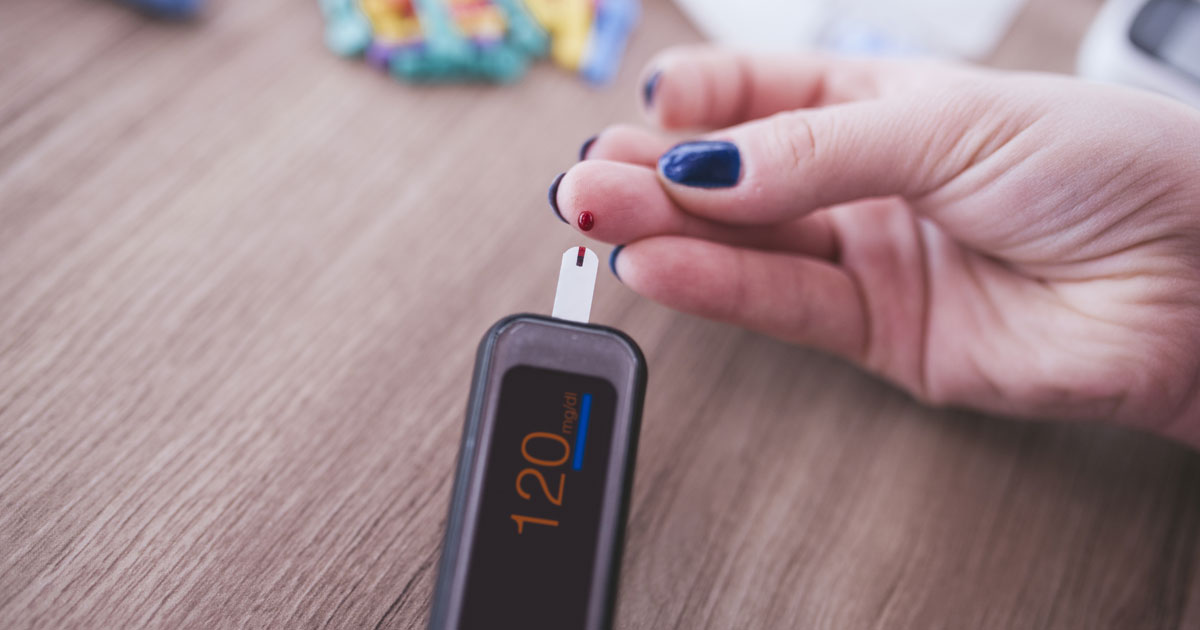
Along with a plethora of other health concerns, diabetes has also been causally linked to strokes in women. The bodies of individuals with this disease either do not produce enough insulin or they ignore the insulin that is produced. Insulin is crucial for the body to process sugar, which is the basic fuel source for all of the cells in the body. Having issues with insulin production or utilization often results in other risk factors for stroke, as well, such as high blood pressure and atrial fibrillation. As such, it is unsurprising that women with diabetes are up to four times more likely to have a stroke than those who do not have the disease. Losing excess weight, exercising more, eating healthily, and properly taking any insulin shots and medications are all ways to control the condition and reduce the already increased chance of having a stroke.
High Cholesterol
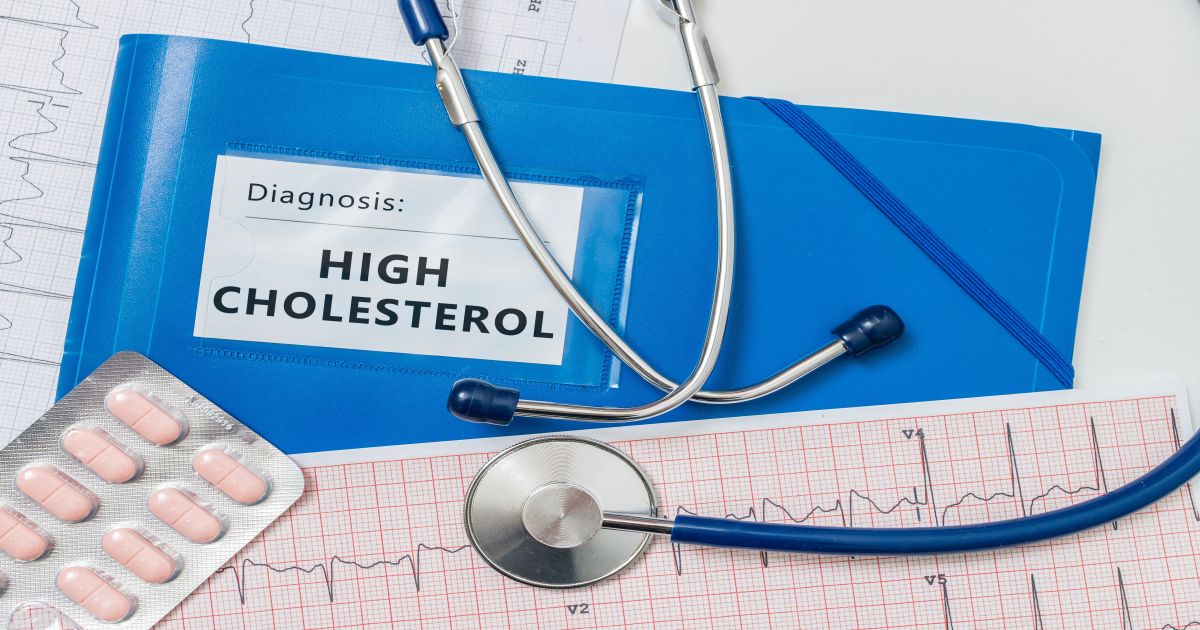
Cholesterol is a necessary fatty substance in the blood. It can either be consumed via food or produced naturally by the body. Not all cholesterol is bad; in fact, high-density lipoprotein cholesterol is necessary for optimal health. However, high levels of low-density lipoprotein cholesterol is an extremely dangerous condition that can lead to stroke, among other ailments and conditions, such as heart disease. When cholesterol fills the arteries and causes a blockage, the body is at an increased risk of stroke. Doctors recommend total cholesterol levels to remain under two hundred. Controlling high cholesterol can be achieved through healthy eating habits, as well as medication where necessary.
Excess Weight

Being overweight is another condition that can be dangerous in women, increasing their risk of many debilitating health conditions, such as stroke. Research has shown having excess weight more than doubles a woman's chance of experiencing a stroke and, furthermore, this stroke can occur at a much younger age than normal. Living a healthy lifestyle complete with diet and exercise is the best way to mediate one's weight and reduce the risk of health complications, though some conditions, such as obesity, might require intervention via mediation. A woman's ideal weight will depend on height and weight, which are used to calculate body mass index (BMI). To determine the healthiest weight, women should use the BMI formula or, for extra concerns and a more comprehensive plan, discuss this with a physician.
